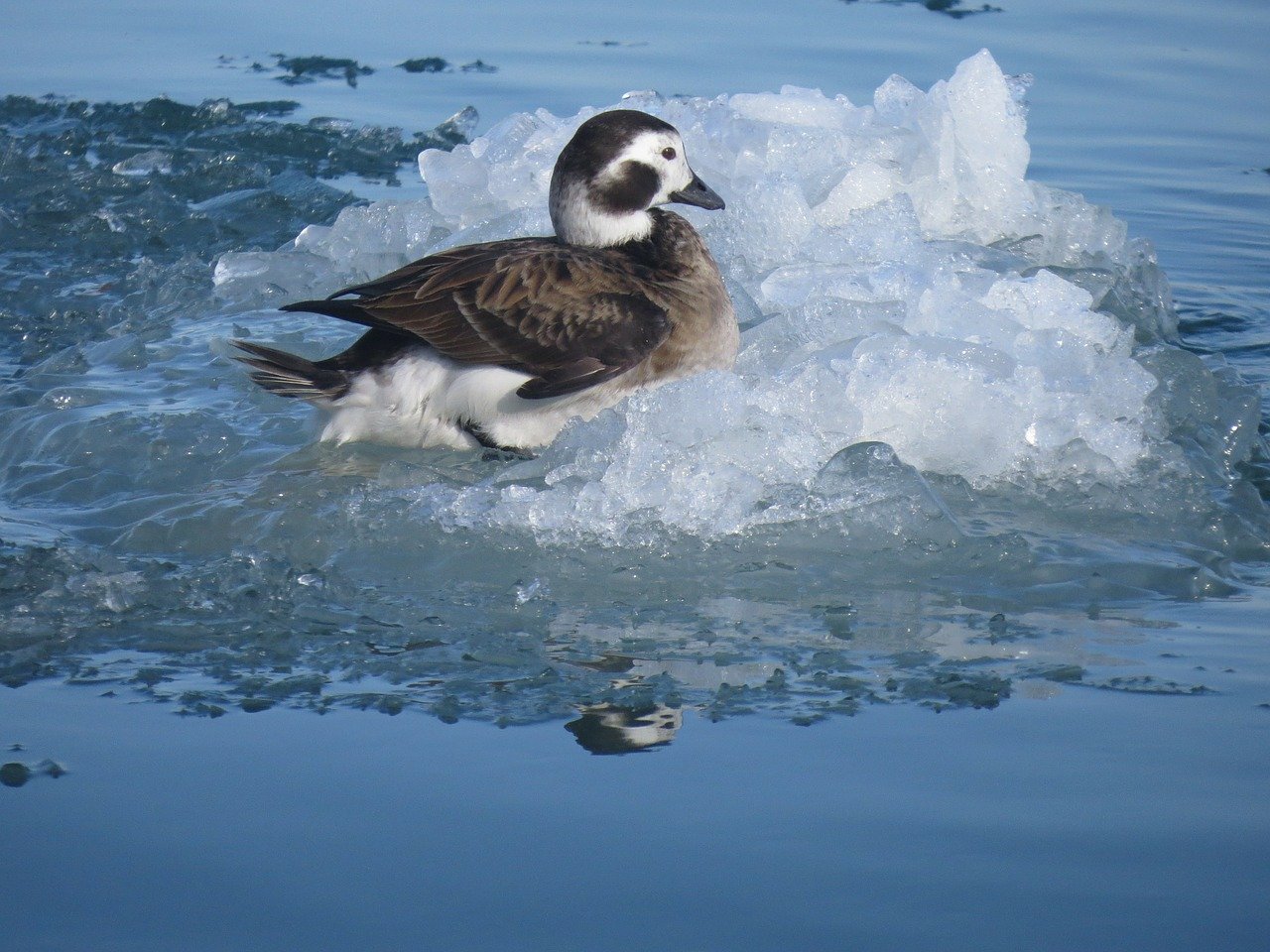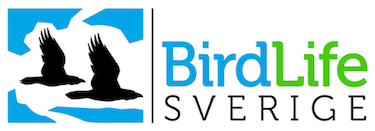Effekter av oljeutsläpp på övervintrande alfågel Clangula hyemalis vid Hoburgs bank i centrala Östersjön mellan 1996/97 och 2003/04
DOI:
https://doi.org/10.34080/os.v15.22740Nyckelord:
antropogena effekter, hot, fiske, utsläpp, dödlighetAbstract
The Baltic Sea is an important marine area for wintering birds. Surveys in the 1990s showed that more than 25% of the European Long-tailed Duck Clangula hyemalis population wintered at Hoburgs bank and east of Gotland. A shipping route with very frequent traffic goes from southwest Baltic Sea via Öland, Hoburgs bank and east of Gotland to the Gulf of Finland. In year 2000 about 58,500 ships passed east of Öland along this route. Hundreds of oils spills are registered along the route each year. Weekly surveys of oiled birds at southern Gotland and analyses of birds that had drown in fish nets showed that tens of thousands of Long-tailed Ducks were injured by oil each year in central Baltic Sea. Of 998 birds that drowned in fish nets at Hoburgs bank 11.8% were found to have oil in the plumage. There was no clear relationship between the number of oiled birds observed and the number of registered oil spills in different years. Many sea duck have a life history in which variable or low productivity is compensated for by relatively high adult survival. This makes sea duck populations very susceptible to extra adult mortality caused by oil spills.
Nedladdningar

Downloads
Publicerad
Referera så här
Nummer
Sektion
Licens
Författaren/författarna innehar copyright för varje enskilt bidrag, men samtliga bidrag är publicerade under en Creative Commons-licens, så att vem som helst kan dela och återanvända bidraget förutsatt att copyright-innehavaren erkänns.







